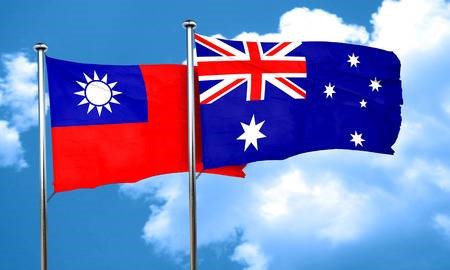Australia has an enviable reputation for top-quality food and agricultural produce, and Taiwan continues to be a valuable market for us. To export products as organic or biodynamic, you must meet all the bilaterally agreed requirements.
Export regulations relate to any goods that are labelled or advertised for export as: Organic; biodynamic; biological; ecological; other similar wording. Australian exporters must: meet all conditions set by their importing country; have an organic produce certificate; use a certified organic operator to source, prepare and store their goods. Check that the supplier has a certificate of compliance (‘QM certificate’).
For organic produce exported to Taiwan, the Department of Agriculture, Water and the Environment (DAWE) has this week issued notice MAA 2020-06, under the title, Taiwan: Australia-Taiwan organic equivalency arrangement – additional information.
The application process for obtaining an approval number for the labelling of organic produce in Taiwan specifies:
Importers within Taiwan must submit an application to the Council of Agriculture Executive, Taiwan and obtain an approval number for labelling.
Products must be labelled with the approval number before being able to be sold within Taiwan.
Products produced using raw ingredients imported from a third-country (other than Taiwan and Australia) that are certified to the National Standard for Organic and Biodynamic Produce and then mixed with organic raw materials of Australian origin, must undergo substantial transformation in Australia to be eligible for this equivalency recognition.
Â
Taiwan is Australia’s sixth-largest merchandise export market and 16th-largest source of merchandise imports. Australia is a major exporter of agricultural products to Taiwan, the most important items being meat, wheat and dairy. Australian food and lifestyle products are increasingly popular with health supplements, food and beverages performing well with health-conscious consumers in Taiwan.
Australia holds annual Bilateral Economic Consultations with Taiwan. The government-led consultations cover a wide range of issues, including market access, investment and agriculture. Taiwan had been on a list of economies the government was considering for bilateral trade deals, but in 2018 China warned any such deal would hurt relations between Beijing and Canberra, causing Australia to walk away from plans for a free trade agreement with Taiwan.
As licensed Customs Brokers and International Freight Forwarders, Colless Young offers you professional service on your import and export cargo needs at all ports and airports Australia-wide. We handle shipping, transport and customs clearance by airfreight and seafreight.

